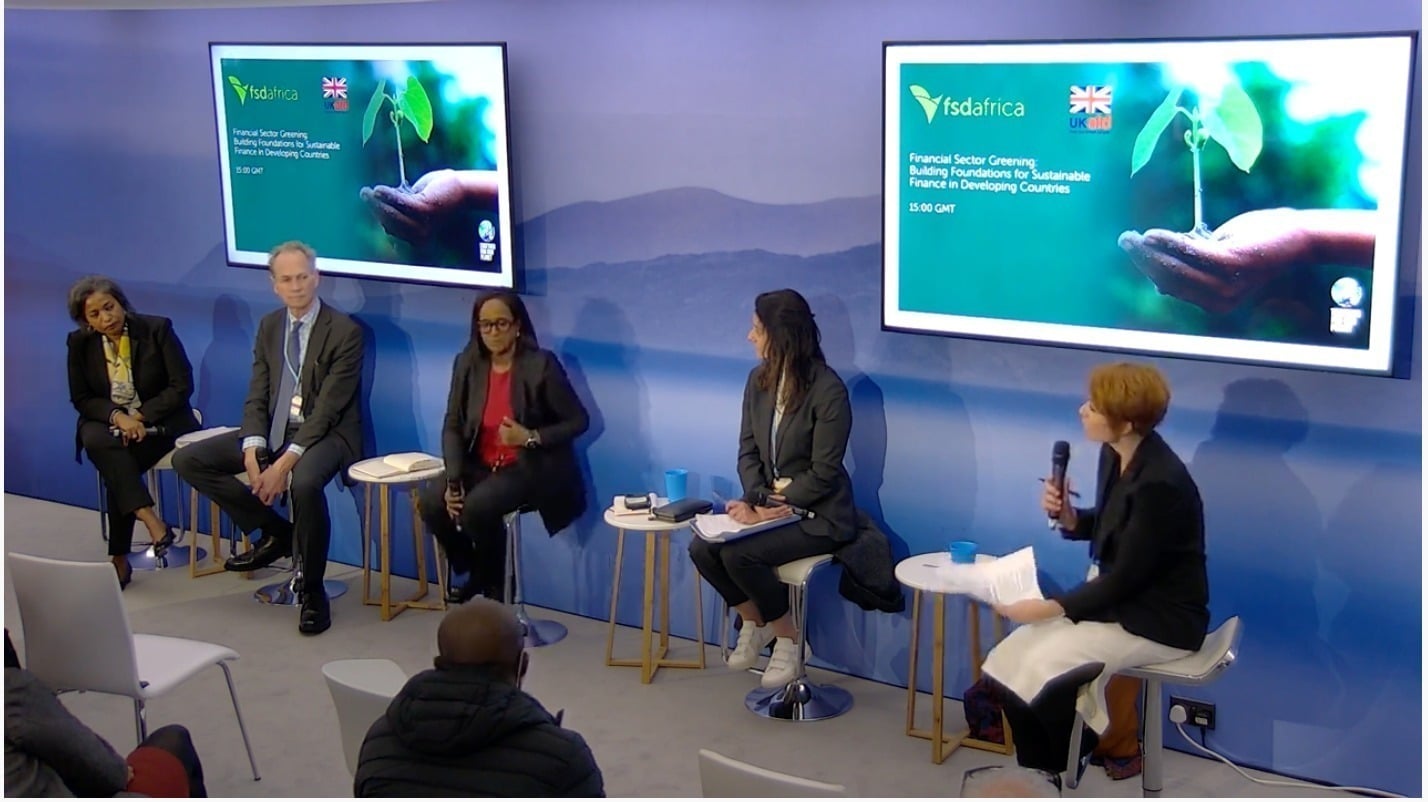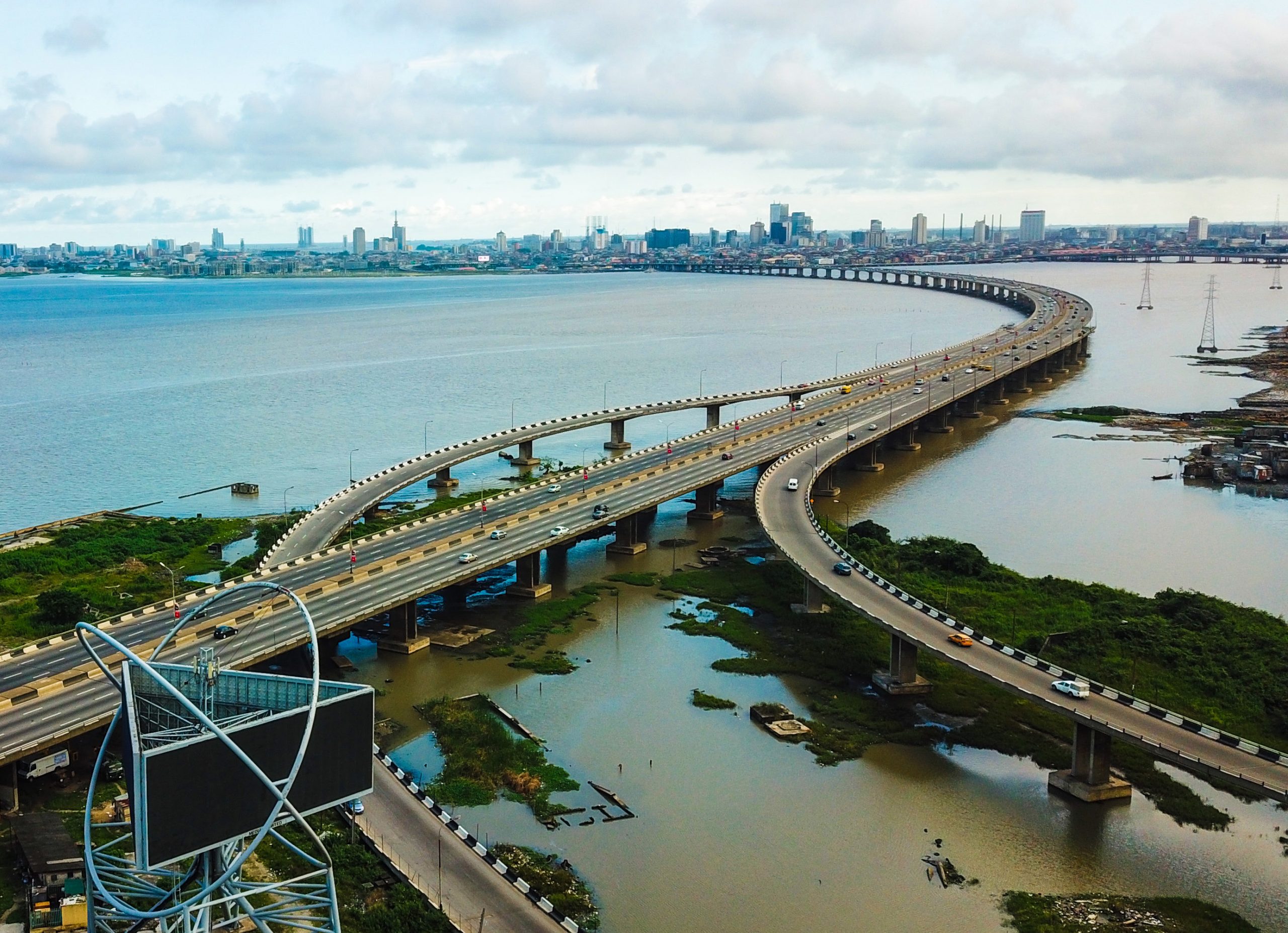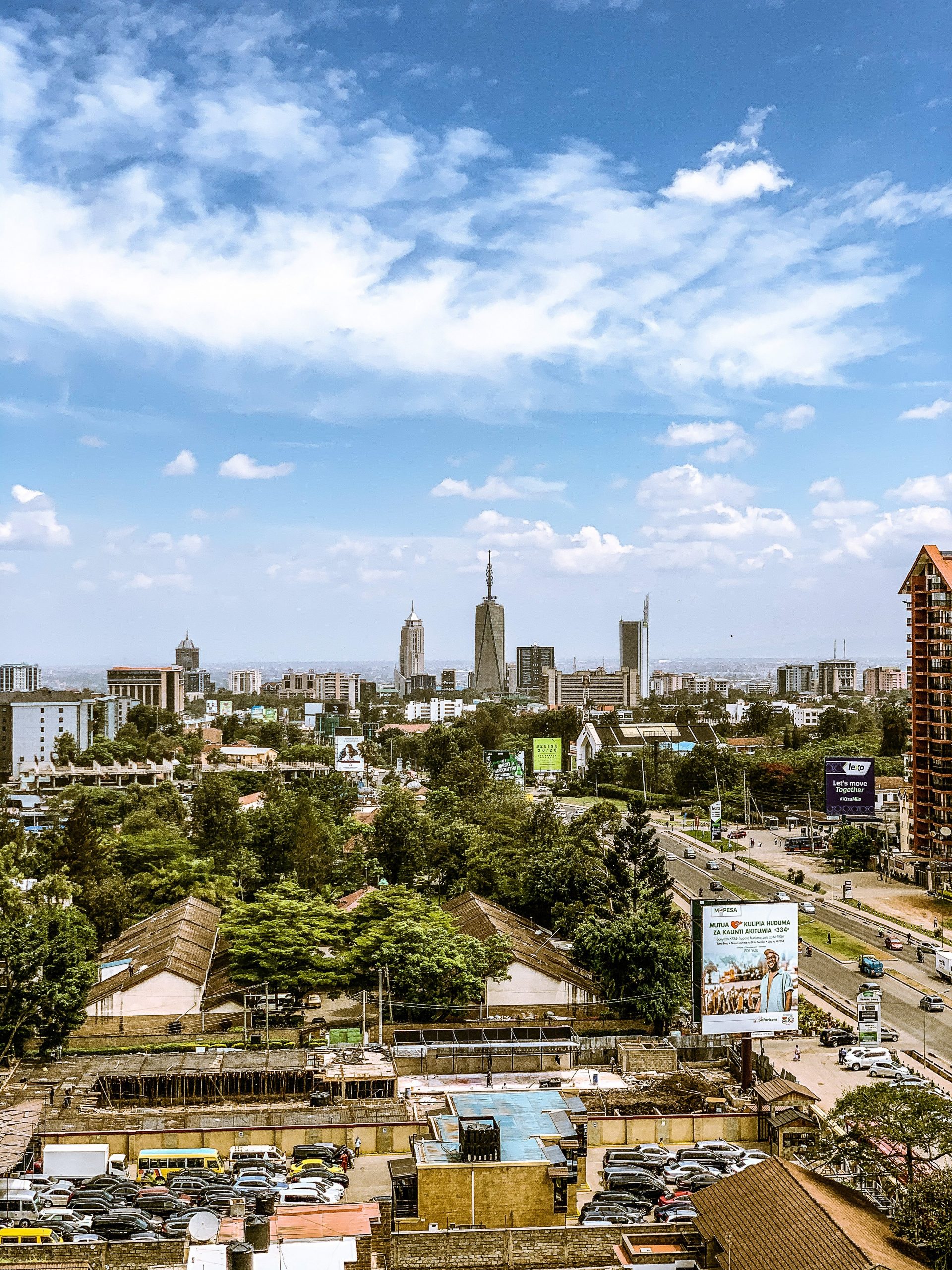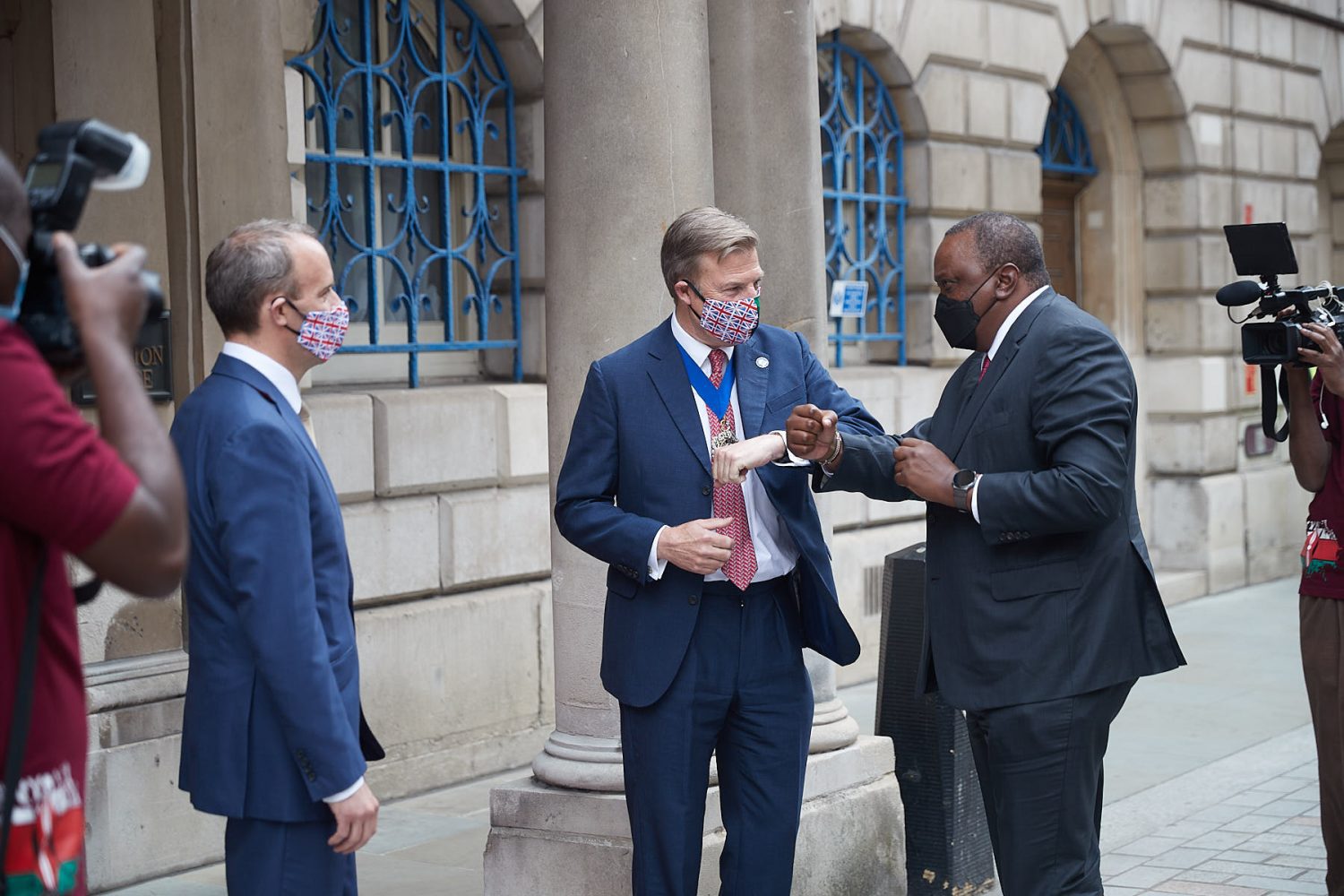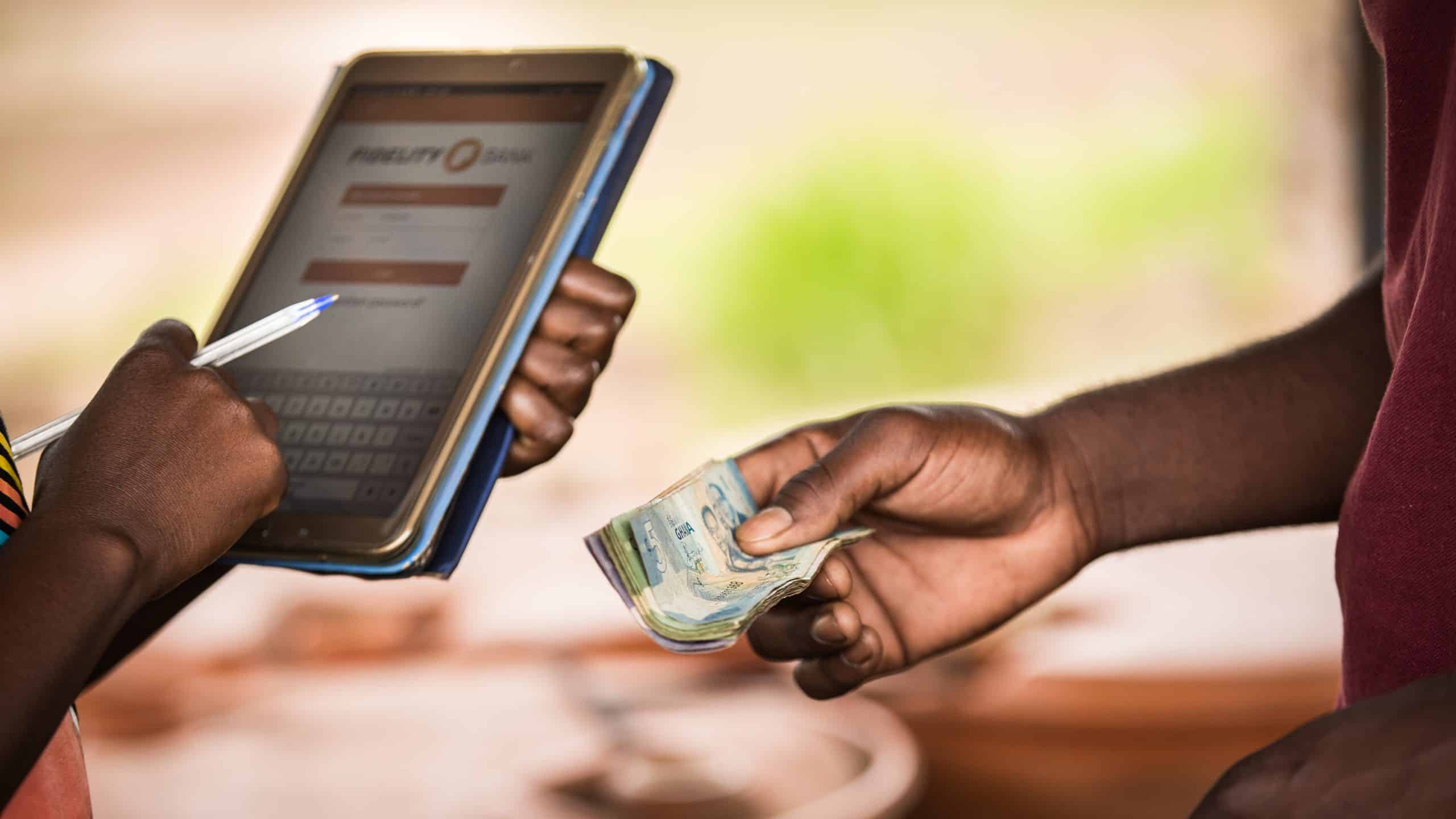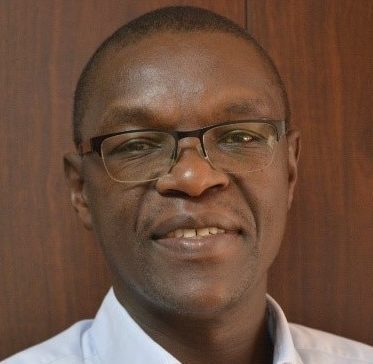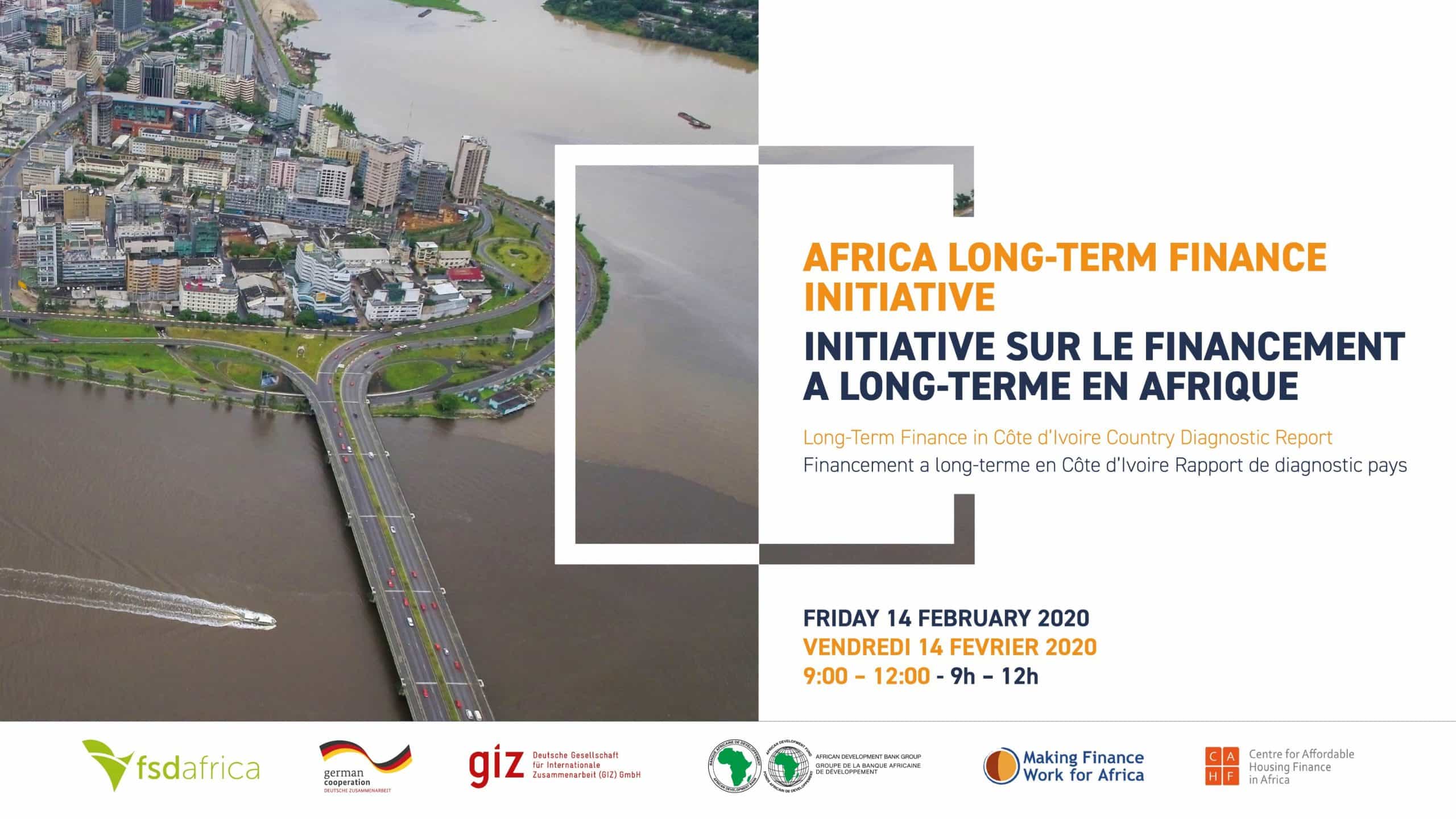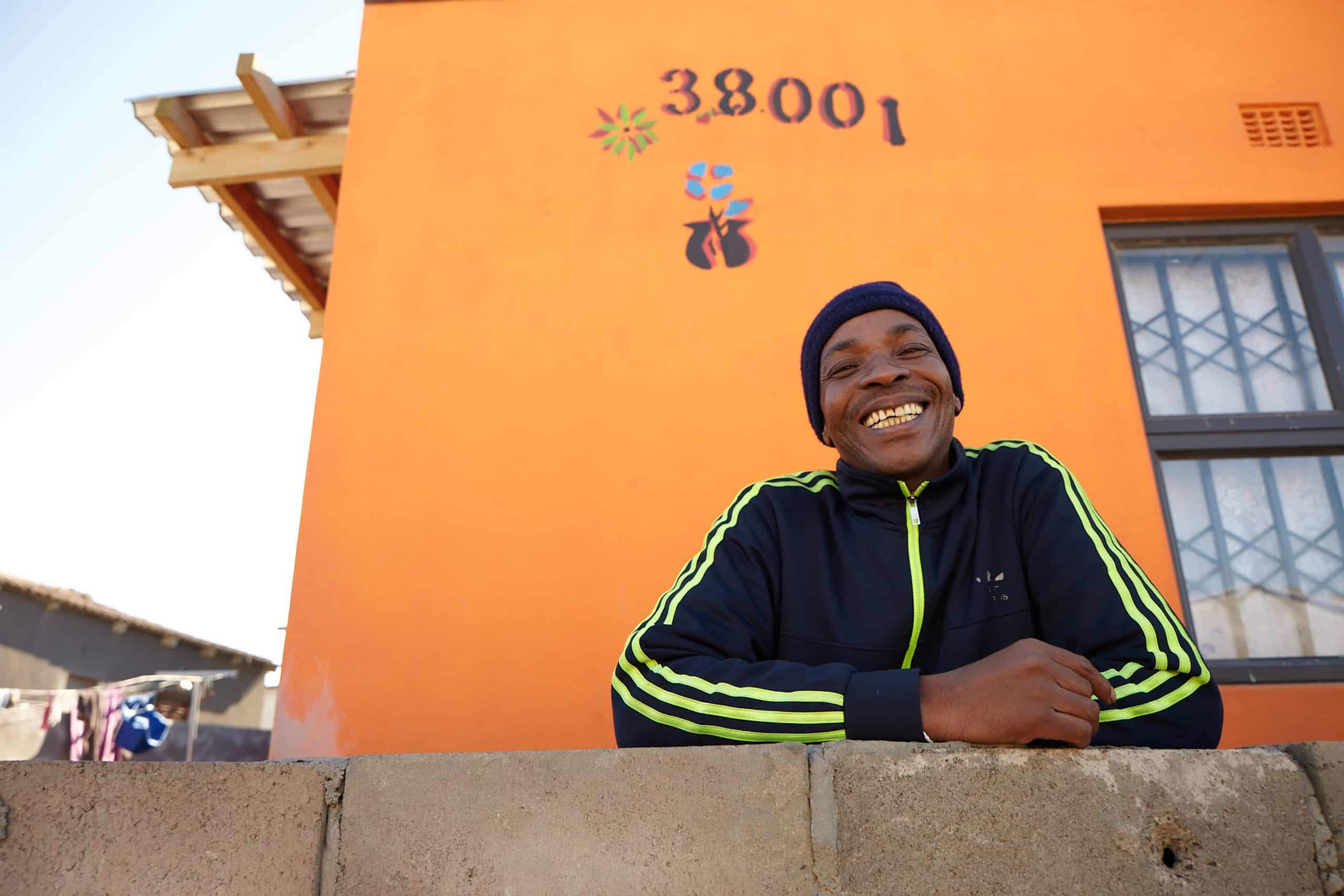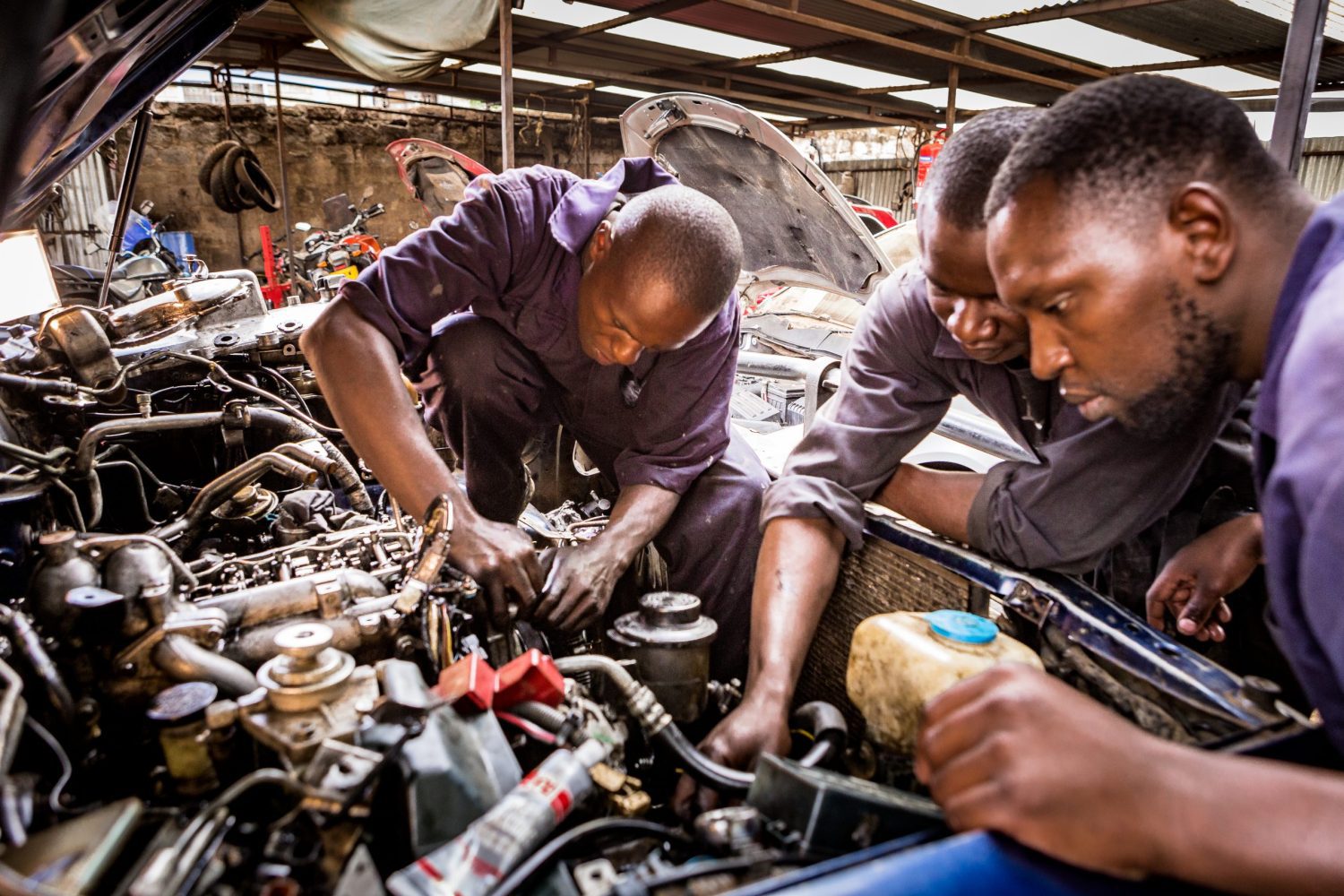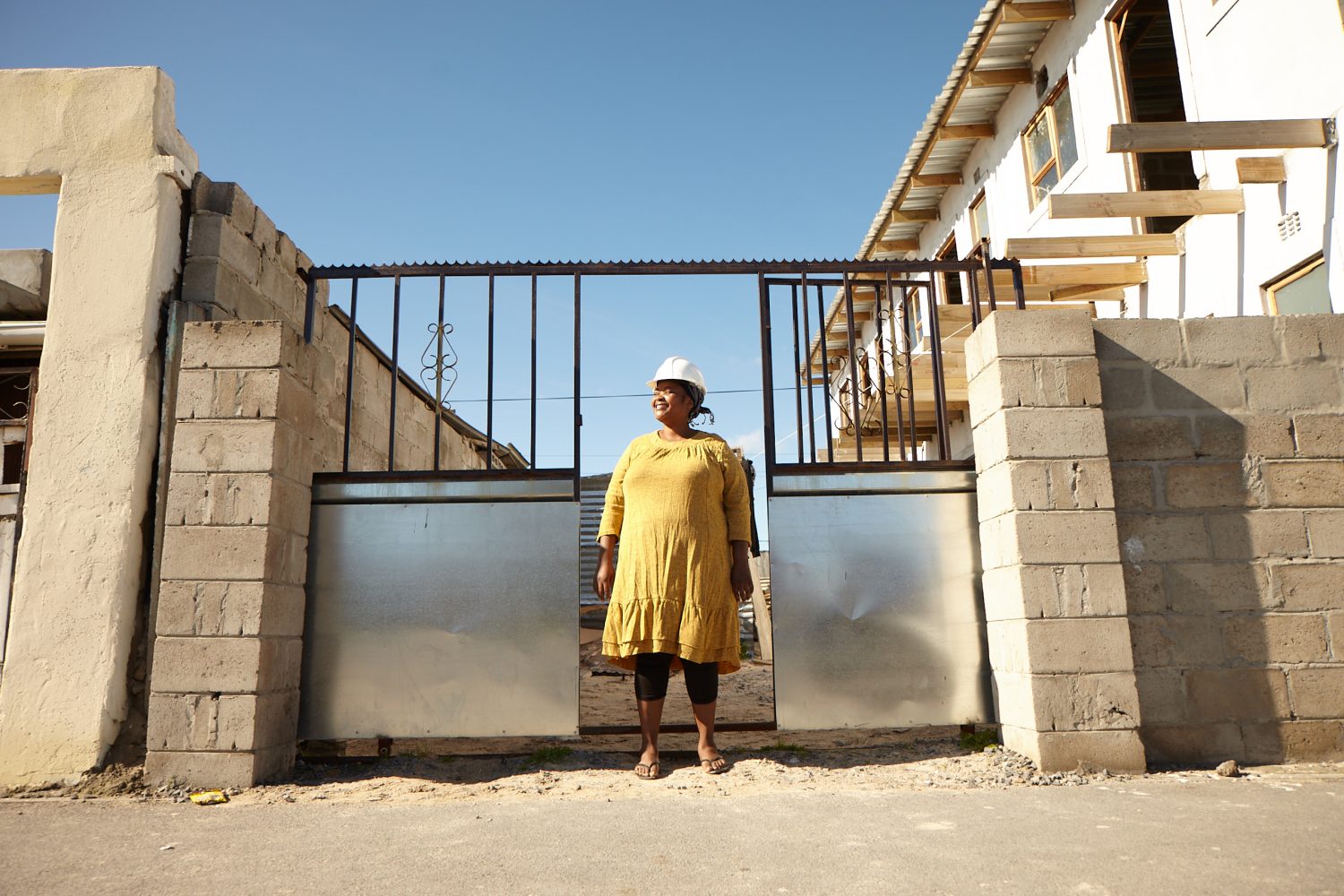We are all asset managers,” writes Professor Partha Dasgupta in his seminal study on the economics of biodiversity. “Whether as farmers or fishers, foresters or miners, households or companies, governments or communities,” we all influence the store of value held in our most precious asset — the natural world around us.
We depend on nature for food and water, for our health, and also for our economic wellbeing. Every business at some level depends on resources drawn from nature, such as crops, fish, timber, fibre, or rare earth elements, or on the stability of ecosystems.
Often we only see this when those ecosystems are upset such as when over-extraction from natural water sources causes drought or unsustainable agricultural practices lead to soil degradation and ultimately to food shortages.
And while, rightly, our attention is focused on our warming planet, we must recognise that the climate crisis and nature-loss are inextricably linked. All paths to net zero require the large-scale removal of com the atmosphere and the only affordable and immediately available methods of doing this are in nature.
Nowhere is this interdependency more clear than in Africa, which is among the regions of the world most vulnerable to climate change and most dependent on nature. With almost a quarter of its GDP dependent on nature, every development pathway for the continent relies on its responsible management.
But, between 1970 and 2016, the stock of natural capital in African countries fell on average by 65%, driven largely by land-use change. Almost three million hectares of rainforests in Africa are lost each year, resulting in soil degradation and unstable weather patterns, while drought and soil erosion have degraded 65% of its rangelands.
Africa’s reliance on nature is a source of vulnerability, but potentially also of competitive advantage.
Consider, for instance, that every $1 invested in marine protected areas in Senegal and Tanzania generates more than $5 000 in economic value, wetland conservation in South Africa returns $200, while agricultural land remediation in Uganda delivers $230.
What causes an economy to choose between destruction and regeneration, risk and opportunity, is its capacity and willingness to properly value nature. This begins with the financial sector.
Between now and 2030, there are $10-trillion of business opportunities up for grabs by investing in nature worldwide. But, to capture this potential, $2.7-trillion of finance needs to be redirected to nature-positive business opportunities. This may seem a huge ask, but financial institutions with $130-trillion in assets have already made similar climate change commitments through the Glasgow Financial Alliance for Net Zero.
There is simply no path to protecting and restoring nature without mobilising the huge reserves of private capital controlled by the financial sector. But these institutions need better quantitative data on their exposure to nature-related risks to make targeted decisions about their portfolios.
At a global level, the Taskforce for Nature-Related Financial Disclosures (TNFD) has recently been set up to respond to this challenge and create a harmonised framework for assessing and reporting these risks. If the TNFD is to work, it needs to avoid the pitfalls of standard-setting processes in the past, steer clear of an approach that only works for developed nations, and reflect the specific conditions of operating in regions like Africa.
Amid global efforts to retool finance in favour of nature, African nations have a unique opportunity to not only contribute, but to lead. COP27, later this year, is Africa’s COP where this link between prosperity and nature will at the heart of building resilience to climate change and to building sustainable livelihoods.
But, first, we need coordination across financial institutions to get the right data to unlock investments. That is why the United Nations Economic Commission for Africa (UNECA) and the financial sector development agency FSD Africa have joined together to launch the African Natural Capital Alliance (ANCA).
Led by some of Africa’s leading financial institutions and partnered with the TNFD, the ANCA will help financial institutions, finance ministries and regulators manage the risks and capture the opportunities tied to Africa’s natural capital.
Over the coming months, the alliance will work with financial institutions operating across the continent to help them better understand their exposure to nature-related risks and opportunities. This includes testing the TNFD’s draft framework among a group of pioneering members. These African financial institutions will share data and learnings from their pilots, acontribute to shaping this crucial standard.
The story of natural capital in Africa need not be one solely of risk and vulnerability. If protected and harnessed intelligently, Africa’s natural endowment can generate hundreds of thousands of new jobs and help reshape the economic system to suit the continent’s natural riches. The case is clearer than ever for Africa to seize its moment for global leadership.
This opinion editorial was originally published in the Mail & Guardian.

